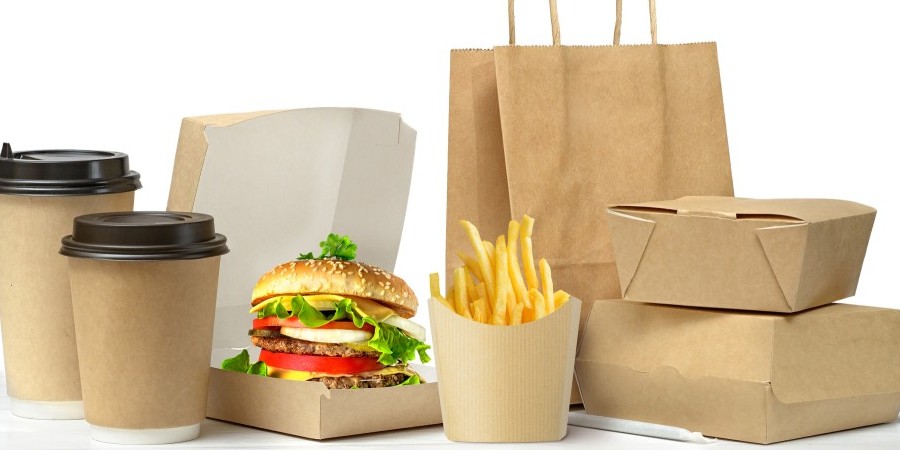
The days of the COVID-19 pandemic and its negative impacts on foodservice are far behind us, and yet one thing from those days still persists: take out orders. Indeed, boxing up and bagging food is still very much in vogue, even as restaurants have been welcoming customers in-person for years now. There seemingly is no restaurant, eatery, shop, or other food vendor that doesn't have some sort of take-out system that still stands and is used regularly to this day.
Why does this phenomenon exist? Scott Attman, vice president of Acme Paper, believes that the materials used for take-out orders may have something to do with it.
"We believe everyone has some point of differentiation and want that to be expressed in packaging programs," Attman said.
In a recent article with Foodservice Equipment and Supplies, Attman explains that the packaging materials used for take-out has three key impacts: expanding brands, satisfying the customer, and achieving important environmental goals.
The design of take-out packaging seems to have an impact on the image and appeal of a brand. Specifically, the aesthetic choices made when designing the packaging convey emotions and impressions that stick with customers. Of course, one need only look at the fast food chains to understand that sentiment; there are few customers around who don't know the famous golden arches of McDonald's or the distinctive yellow-and-green iconography of Subway. Packaging designs make take-out food more appealing by communicating energy, happiness, and other positive feelings that resonate with customers.
Packaging is also important for a satisfying customer experience. Customers appreciate packaging that is unintimidating and easy to handle. They also want packaging that properly preserves the food; after all, there's no sense getting take-out if the quality of the food is reduced by ineffective packaging. Prioritizing form and function ensures that take-out customers are still getting the best a restaurant has to offer, even if they aren't sitting down for a meal in the actual building.
Finally, achieving sustainability is an important goal with take-out packaging. Take-out orders require the use of several containers, boxes, and paper materials. These components should be simple to dispose of and environmentally friendly. On the latter point, there are several ways to make packaging more sustainable besides using different materials like bamboo. For instance, operators can optimize the size of containers to reduce the amount of plastic used for certain take-out orders.
Overall, the packaging used in take-out orders has a sizeable impact on the success and appeal of take-out systems. Knowing the best ways to maximize the packaging's strengths is a boon to any foodservice operation with take-out options.


Bad |
Rate as 5 star | Good |
||
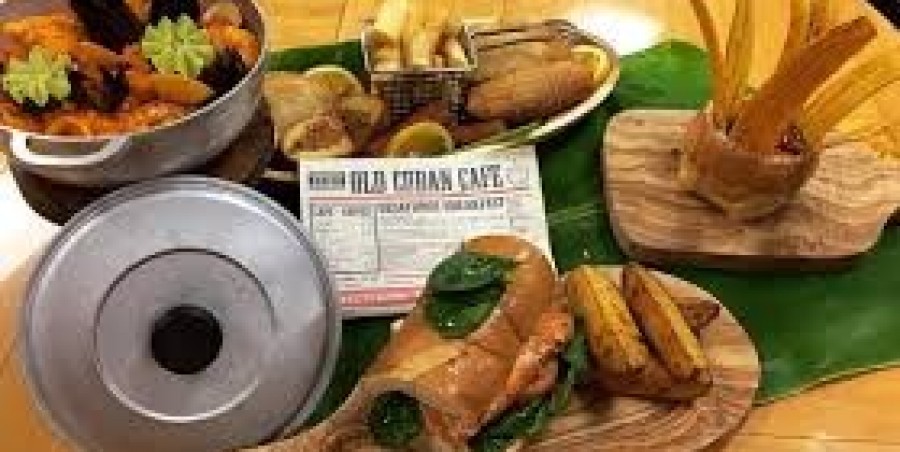
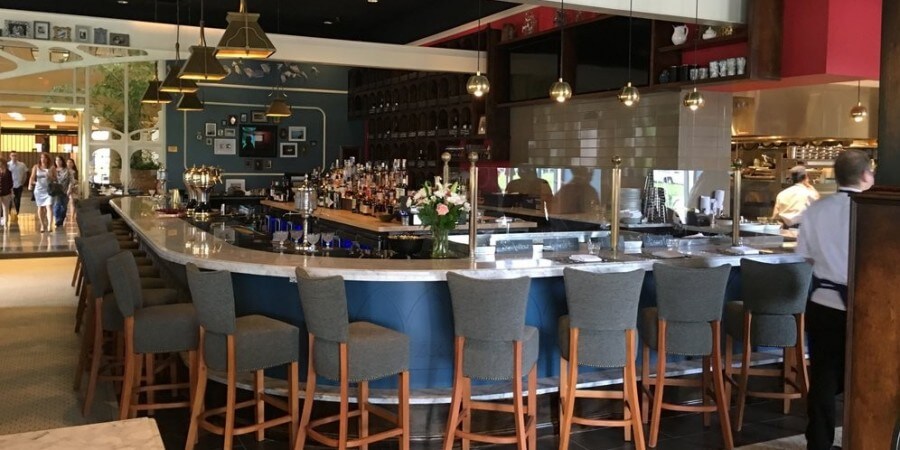


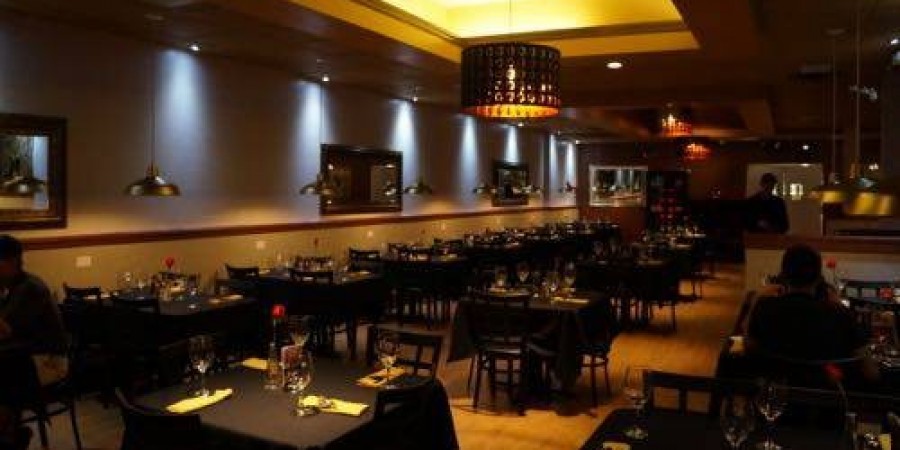
 Filter by category. | |
| REW | 152 |
| REW Academy | 131 |
| Restaurants | 129 |
| Website Categories | 125 |
| Articles | 117 |
| Kitchen | 53 |
| Vendors | 32 |
| Tutorials | 29 |
| Food | 26 |
| Customers | 22 |
| Events | 15 |
| Interviews | 9 |
| Web | 8 |
| Funny | 7 |
| Infographic | 6 |
| Social Media | 5 |
| Trends | 3 |
 Most popular (top 5) | |
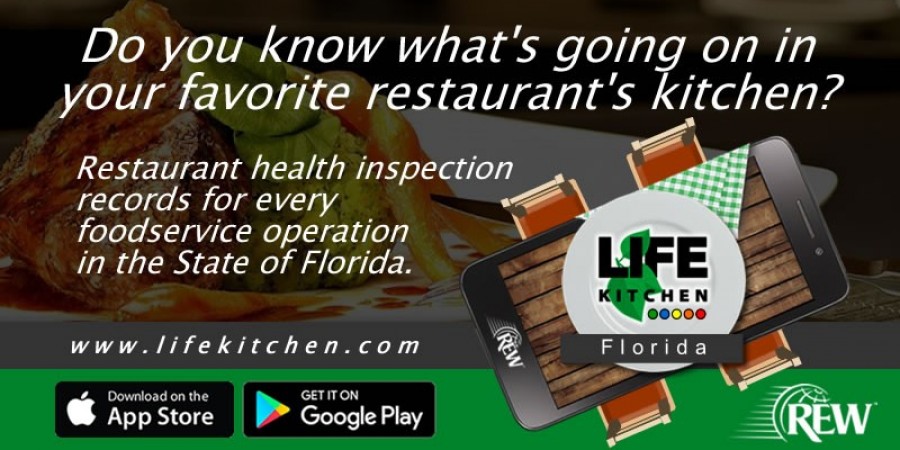 | Life Kitchen Florida App |
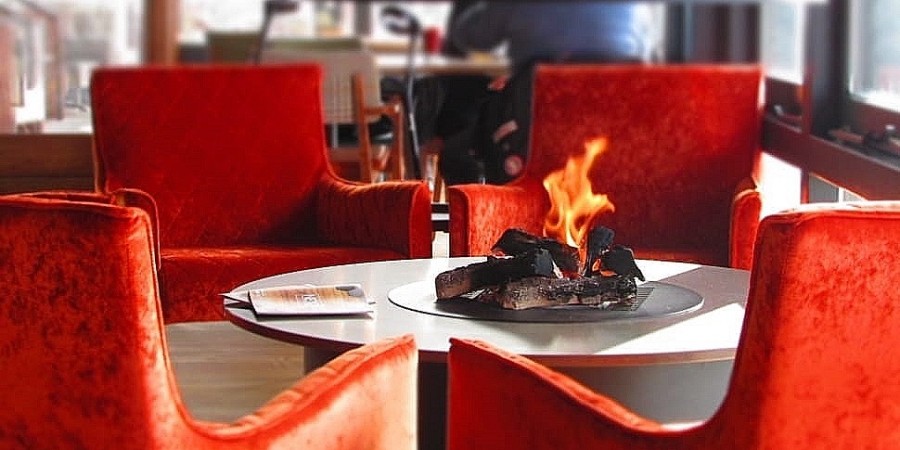 | Indoor Chairs and Bar Stools Overview |
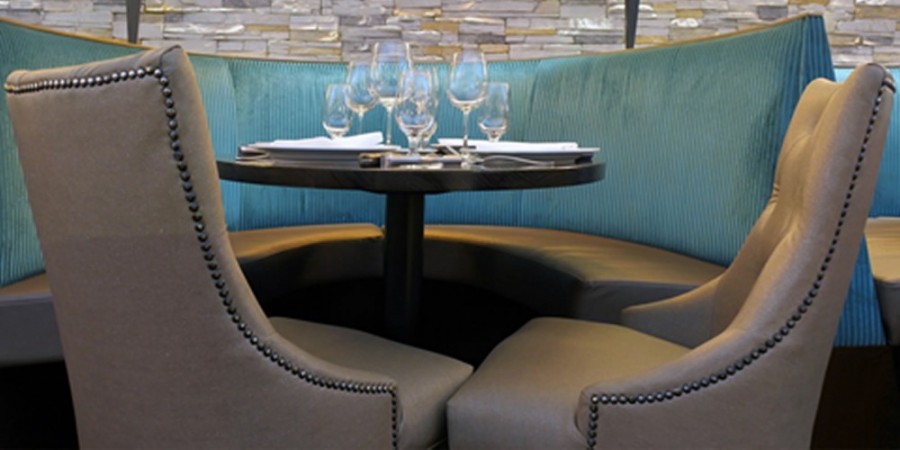 | Booths |
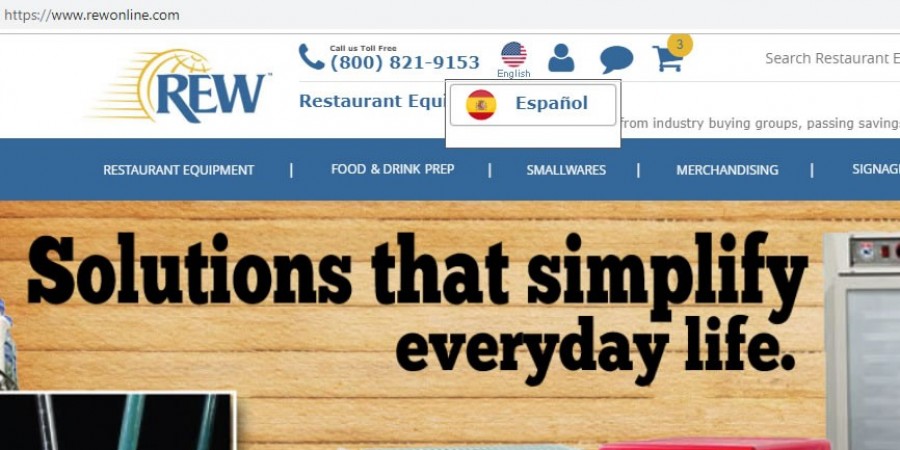 | Restaurant Equipment World (REW) Launches NEW Spanish Version of Website |
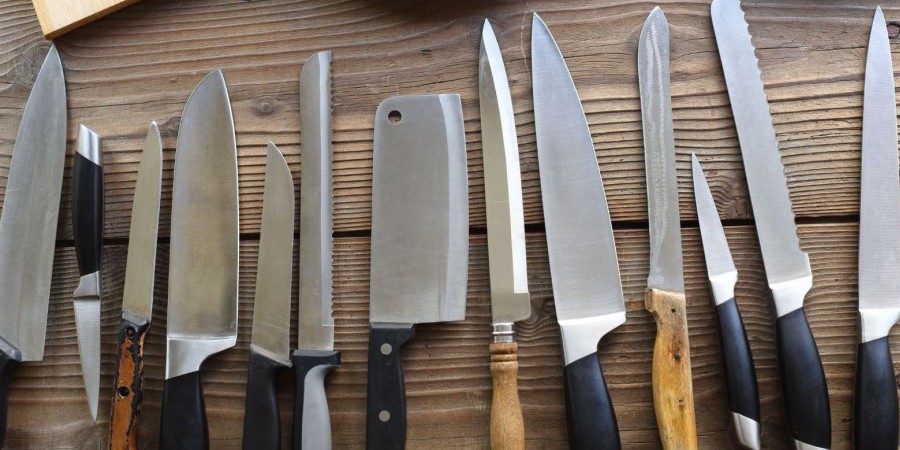 | Complete Guide to Cooking Knives |